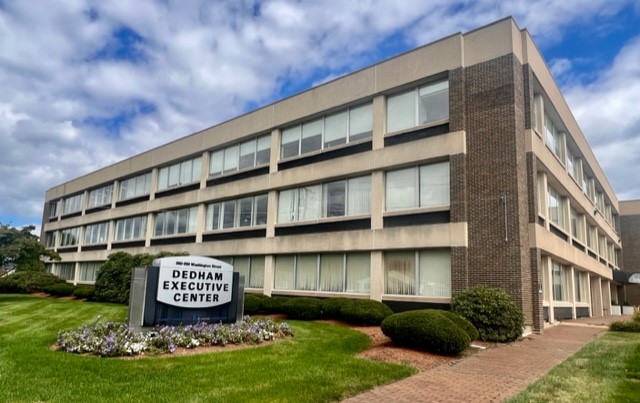Corneal Inlays
Although synthetic corneal inlays have been investigated for the past 40 years, these devices are not currently FDA approved for use. Inlays are small artificial lenses that are inserted into the cornea to change the focus of light and correct refractive errors. They hold the most promise and are currently being advocated primarily as a means for the correction of presbyopia.
The advantages of corneal inlays include the ability to correct large refractive errors, or prescriptions, for patients that would otherwise not be candidates for LASIK or PRK.
Additionally, they could be used following LASIK correction for a patient’s distance vision, and then be implanted to allow for near vision without glasses as well. Because they do not require insertion inside the eye, there is less risk involved with the surgery. Lastly, they are completely removable, and thus the effects are reversible.
There are currently several models that are in clinical trials and may soon represent a new form of vision correction surgery. These include the AcuFocus KAMRA, Flexivue microlens, and the PresbyLens.
The Procedure
Using the same laser that creates a LASIK flap, a thin pocket is created in the cornea that serves as a channel to allow for insertion. The inlay is then positioned in the center of the cornea. Sutures are not required, and only topical anesthesia in the form of eye drops is used.
Meet Our Team
The Lexington Eye Associates team is led by board-certified doctors considered to be leaders in the field of ophthalmology. Get to know us.
If you have questions or would like to book an appointment, please call (781) 876-2020 request your consultation.














